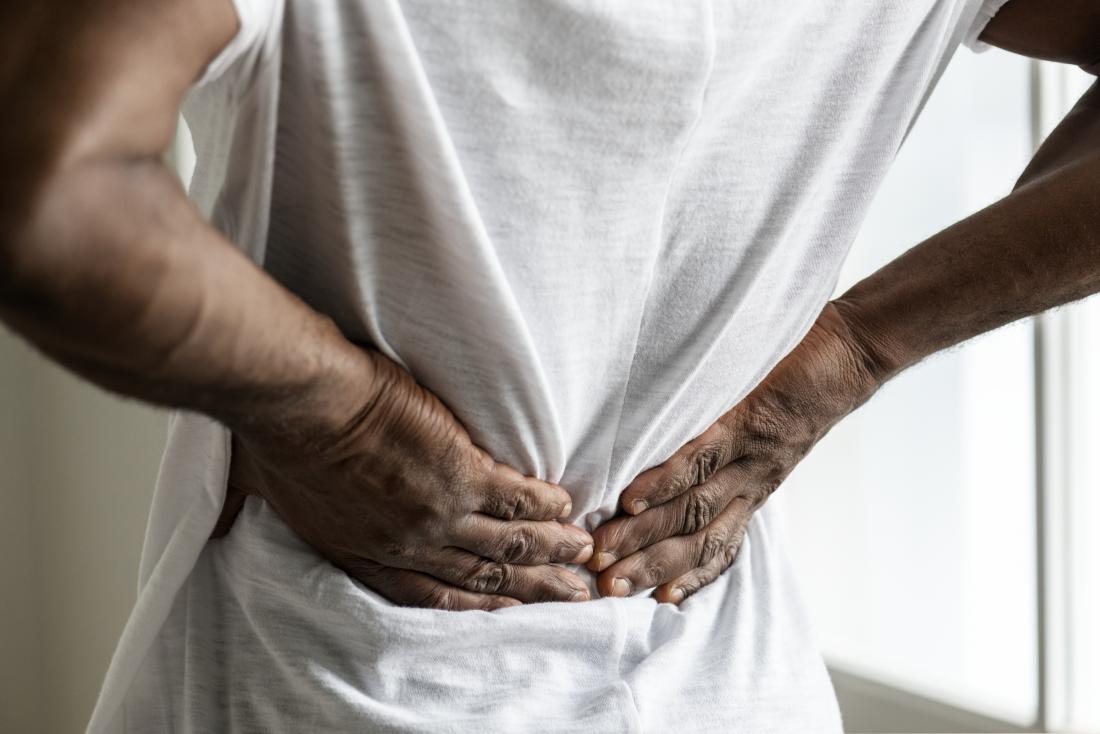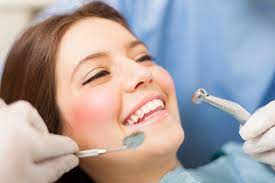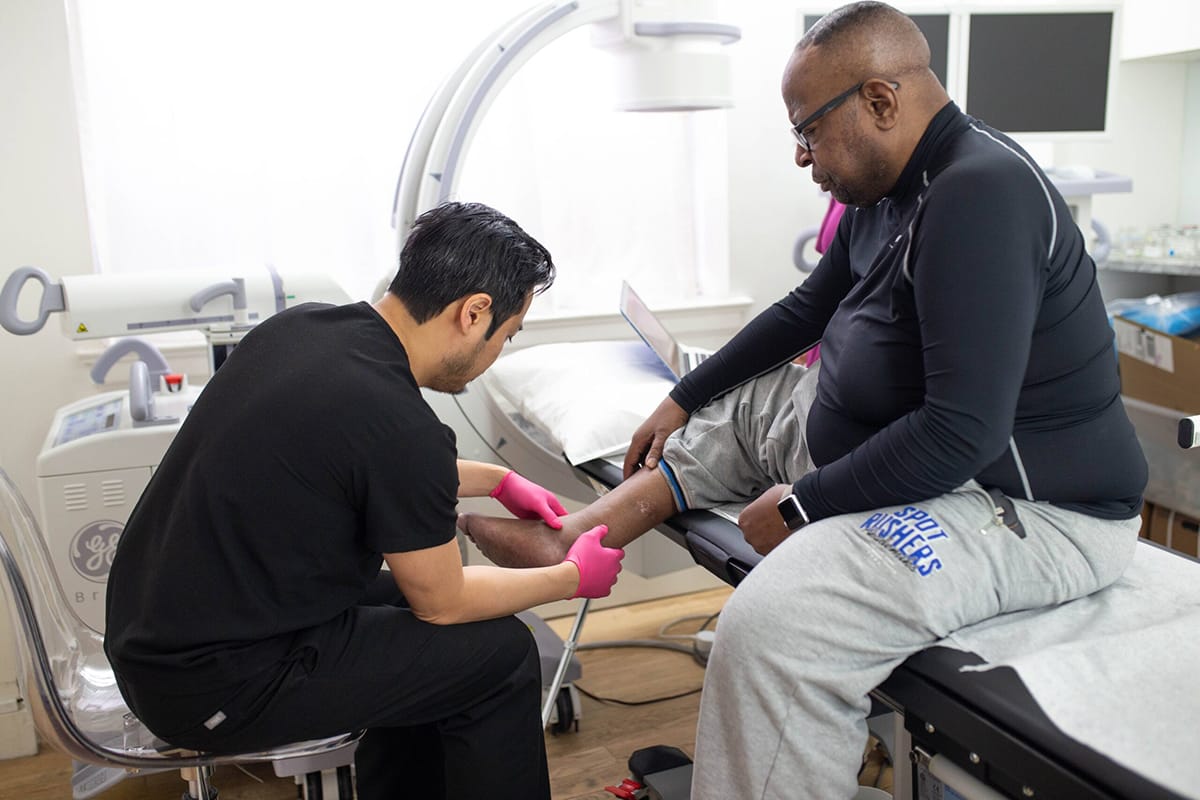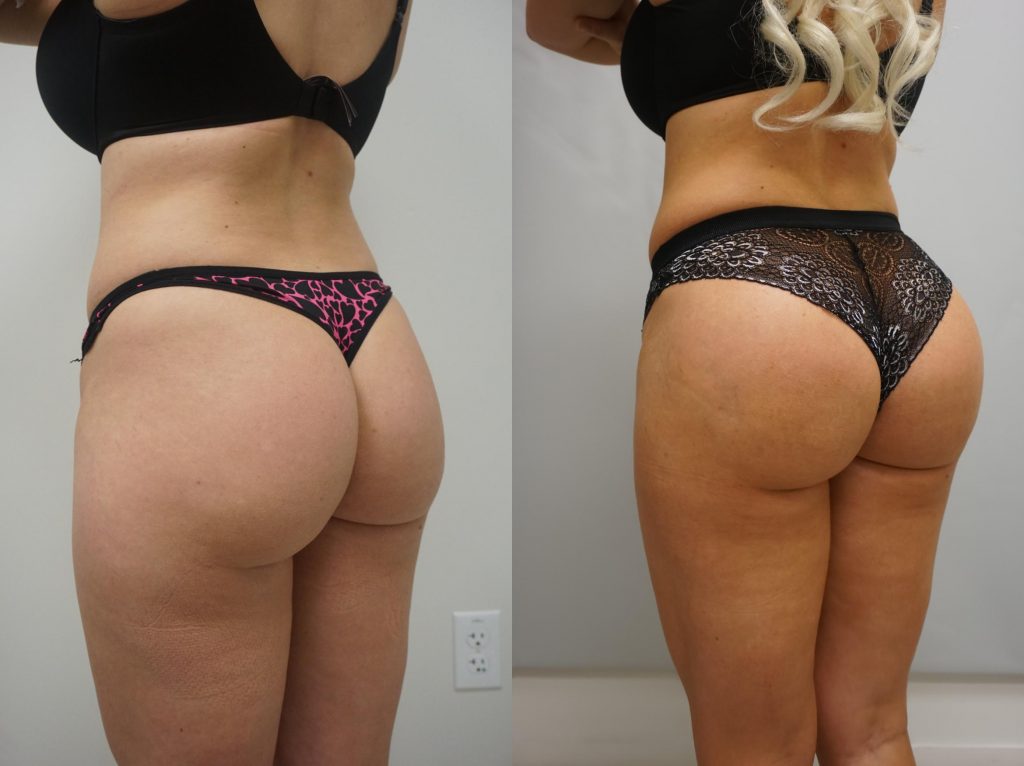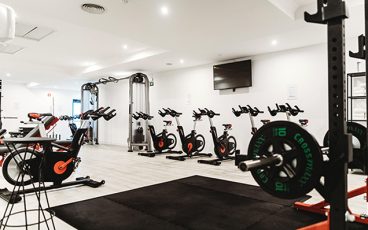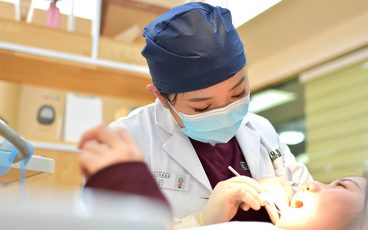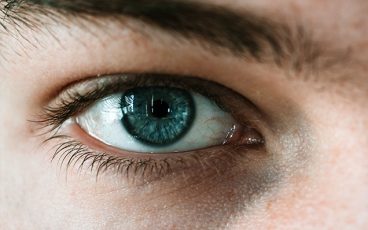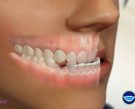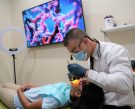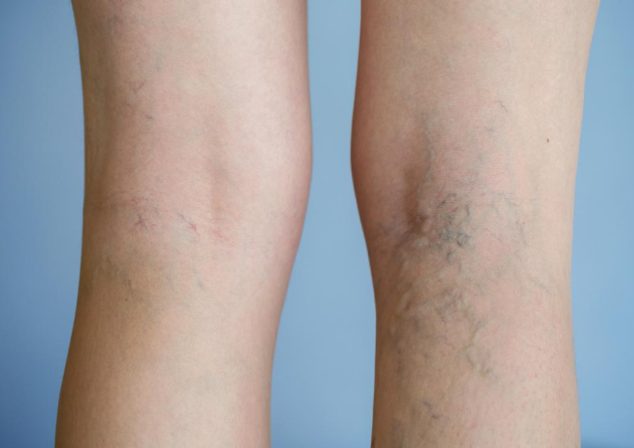
Varicose veins are twisted, bulging veins that commonly develop on the legs and can be uncomfortable. Many individuals are curious if Is it worth getting varicose veins removed? Whether having varicose veins raises the chance of blood clots or other issues. This article will investigate if varicose veins are associated with a higher risk of blood clots or other health problems.
Does having varicose veins enhance the risk of problems in any way?
When the veins’ internal valves deteriorate or are compromised, blood pools, and the veins stretch, resulting in varicose veins. Even though varicose veins are typically thought of as a cosmetic problem, some people may feel symptoms, including leg pain, heaviness, or edema. But are blood clots or other issues more likely to develop in those with varicose veins?
The good news is that the illness is not linked to a noticeably elevated risk of blood clots or other health issues for most persons with varicose veins. In contrast to deep vein thrombosis (DVT), which occurs when blood clots develop in the deeper veins of the legs, varicose veins often affect the superficial veins at the skin’s surface.
It’s important to understand that varicose veins can occasionally be a sign of a more serious vascular condition that can have more severe consequences. For instance, chronic venous insufficiency (CVI), related to varicose veins, is a disease where the veins struggle to deliver blood to the heart. CVI increases the chance of forming blood clots in the deep veins and can cause skin changes, ulcers, and other problems if left untreated.
While they may not be a direct cause of blood clots, varicose veins can nonetheless indicate that the blood flow in the legs is not functioning at its best. Poor blood flow also makes blood clots and other vascular problems more likely. Therefore, paying attention to any varicose veins symptoms is crucial, and get medical help if you have any worries.
What Are The Risk Factors Of Varicose Veins?
Blood clots and varicose veins may more likely occur in people with specific risk factors. These risk elements consist of the following:
Family Background
You may be more prone to developing varicose veins or blood clots if your family has a history of these problems.
Age
Age raises the likelihood of getting blood clots and varicose veins.
Pregnancy
Varicose veins can develop due to increased strain on the veins during pregnancy. Blood clots may also be more common in pregnant women.
Extended Standing or Sitting
Long hours of sitting or standing at work or daily life can cause varicose veins to form and raise the risk of blood clots.
In Conclusion
While most people’s varicose veins may not considerably raise their risk of blood clots or other consequences, they can be a symptom of a vascular problem that may need to be addressed. Any indications of varicose veins must be recognized, and they must be discussed with a healthcare provider and also discuss what is a varicose vein specialist called. Vascular health can be improved by increasing blood circulation, such as frequent exercise, elevating the legs, and avoiding extended sitting or standing.
0 Comments 595 Views
YOU MAY ALSO LIKE
share
About me

Health And Healthy Tips is Free health blog, If you wish to be part of this blog and want to conribute contents which are interesting for our readers, please contact us.
CATEGORY
- Beauty (19)
- BUSINESS (3)
- Dental Care (187)
- Eye Care (12)
- Fitness (23)
- Healthy Life (179)
- Men's (10)
- Women's (12)

